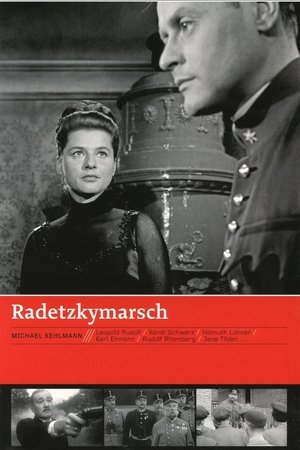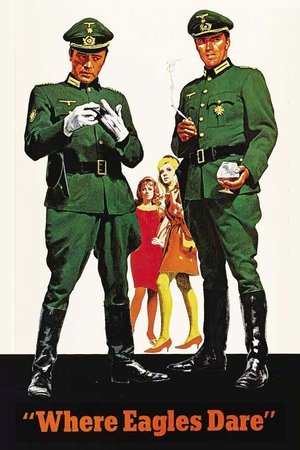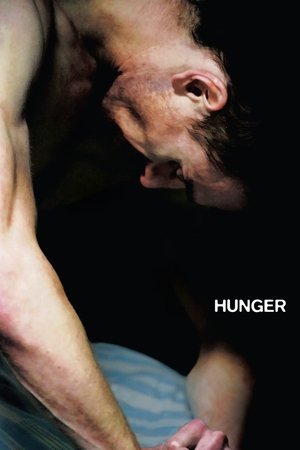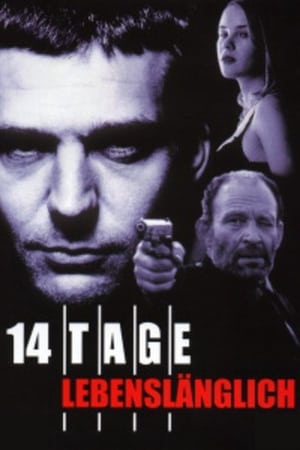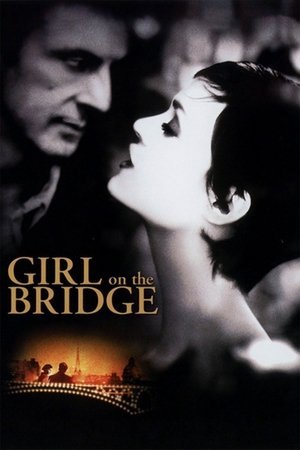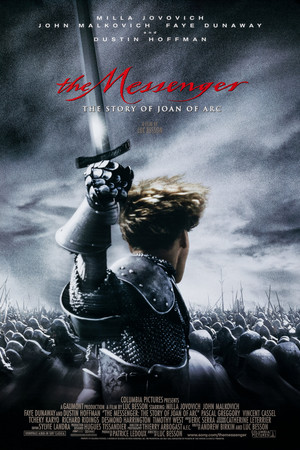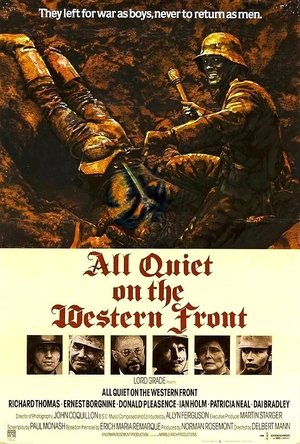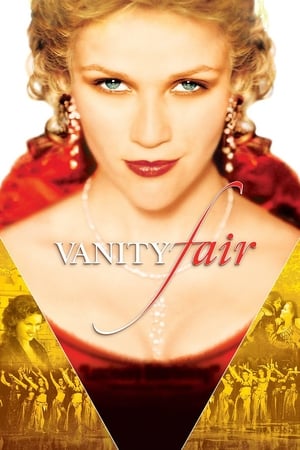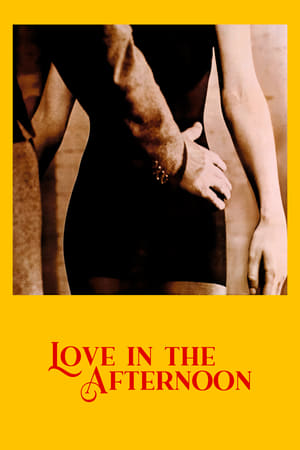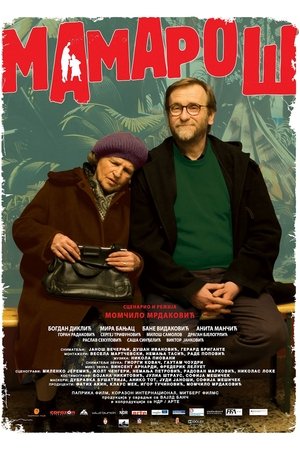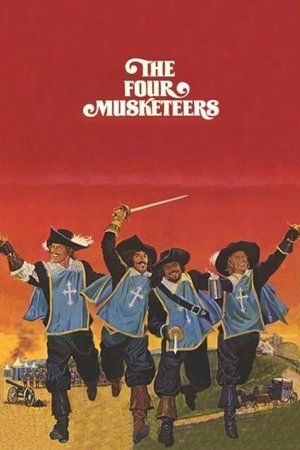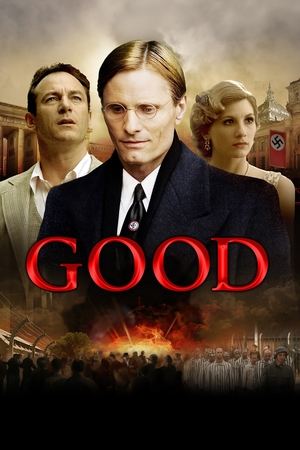Overview
A group of French soldiers, including the patrician Captain de Boeldieu and the working-class Lieutenant Maréchal, grapple with their own class differences after being captured and held in a World War I German prison camp. When the men are transferred to a high-security fortress, they must concoct a plan to escape beneath the watchful eye of aristocratic German officer von Rauffenstein, who has formed an unexpected bond with de Boeldieu.
Reviews
Very much more of a character-driven look at the experiences of French prisoners during the first world war. The inmates represent - much as did their army - soldiers from all aspects of life. The aristocratic Pierre Fresnay as "Boeldieu", Jean Gabin "Maréchal" and Marcel Dalio "Rosenthal" as the more down to earth captives - but all proud Frenchmen with their own determination to escape their imprisonment. The film features many of their valiant escape attempts; along with providing us with quite an interesting illustration of the toughness of their existence and the diversions they sought from the terminal ennui. "Boeldieu" forms an unlikely, respectful relationship with the Commandant - Erich von Stroheim; a fellow aristocrat who feels himself a failure for ending up as a glorified jailor rather than fighting gallantly on the battlefield. On a basic level, it is really quite routine; and the ending almost incidental: what makes this distinctive is the way the story interweaves the decline of a centuries old class system; the chivalric honour between opponents being a thing of the past. This is very much about "Egalité" and "Fraternité" in order to secure "Liberté" and is told in as sympathetic a fashion as it is possible given the gritty peril of their circumstances. Gabin and von Stroheim are particularly effective as is Joseph Kosma's score and the tightly focussed direction on just a few central characters really does give this a sense of purpose.

 114 min
114 min
 7.866
7.866
 1937
1937
 France
France
 CinemaSerf wrote:
CinemaSerf wrote: